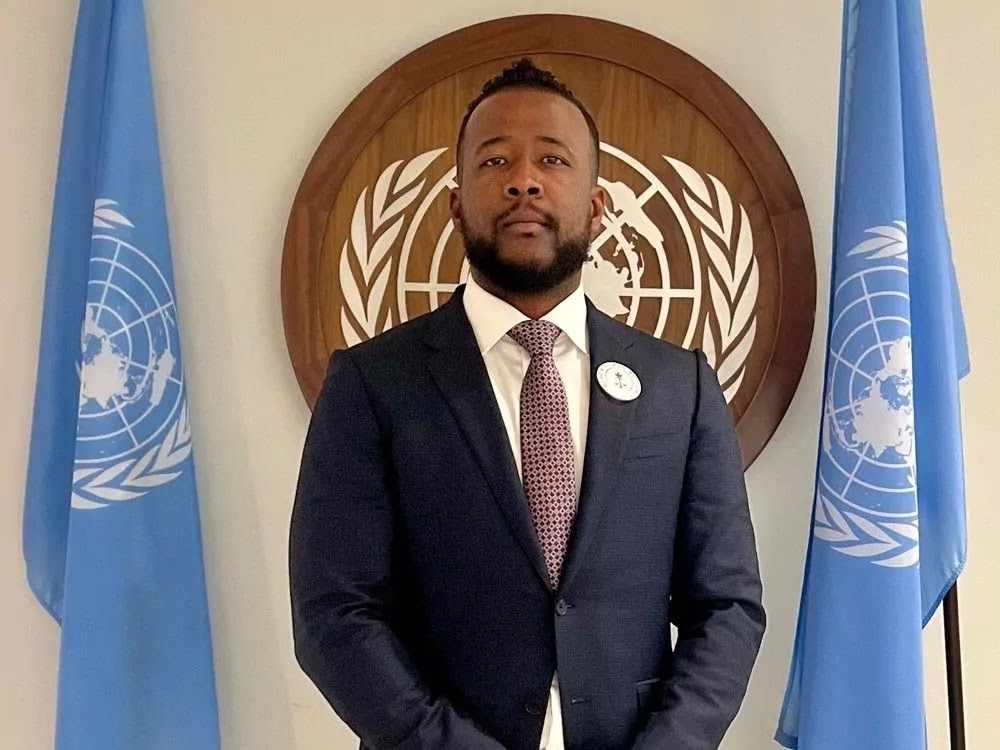In recent news, the Canadian government's commitment to creating designated groups for Black LGBTQ workers in labor legislation has sparked both applause and debate. This move, aimed at fostering inclusivity in the workplace, has been met with varying opinions. In this article, we will delve into the key aspects of this commitment, exploring its implications and the broader discourse surrounding reverse discrimination.
Government's Pledge to Designated Groups:
The Ottawa Citizen reports on the government's initiative to address the challenges faced by Black LGBTQ workers by creating designated groups within labor legislation. This marks a significant step towards recognizing the unique struggles and discrimination faced by this intersectional community. Advocates and unions have applauded the commitment as a positive move towards a more inclusive and diverse workforce.
Critics' Perspective on Reverse Discrimination:
Also Read:- The Supreme Court's Momentous Decision on Abortion Pill Restrictions
- Unlocking AC Milan's Path to Champions League Round of 16: A Close Look at Christian Pulisic's Impact
However, not everyone supports the idea of creating job quotas for Black LGBTQ individuals. Jamie Sarkonak, in an opinion piece for the National Post, argues that such mandates may lead to reverse discrimination. The concern is that focusing on specific groups could inadvertently result in discrimination against other individuals. Sarkonak emphasizes the importance of a merit-based approach and questions the effectiveness of quotas in achieving genuine inclusivity.
Balancing Inclusivity and Meritocracy:
Balancing inclusivity and meritocracy is a delicate task. While the government's commitment aims to address historical inequities, it is crucial to find a middle ground that promotes diversity without compromising the principles of fair competition. Creating an environment that values individuals based on their qualifications and abilities is essential for fostering a truly inclusive workplace.
Navigating the Complexities of Intersectionality:
The intersectionality of race and LGBTQ identity adds layers of complexity to the discussion. It is imperative to recognize the unique challenges faced by Black LGBTQ individuals, acknowledging that they may encounter discrimination on multiple fronts. By understanding these nuances, policies can be crafted to provide targeted support without perpetuating bias or exclusion.
Challenges and Opportunities:
Implementing designated groups for Black LGBTQ workers comes with challenges and opportunities. While it aims to break down barriers, there is a need for careful consideration of the potential unintended consequences. Companies and organizations must actively engage in dialogue, seeking input from all stakeholders to develop policies that are both effective and equitable.
Keywords:Inclusivity, workplace, labor legislation, designated groups, Black LGBTQ workers, reverse discrimination, meritocracy, intersectionality, challenges, opportunities.
Read More:- Mark Drakeford's Resignation: A Turning Point in Welsh Politics
- The Monumental Move: Washington Wizards and Capitals Consider Relocating to Virginia
Thanks for Visiting Us – FixyaNet.com



0 Comments